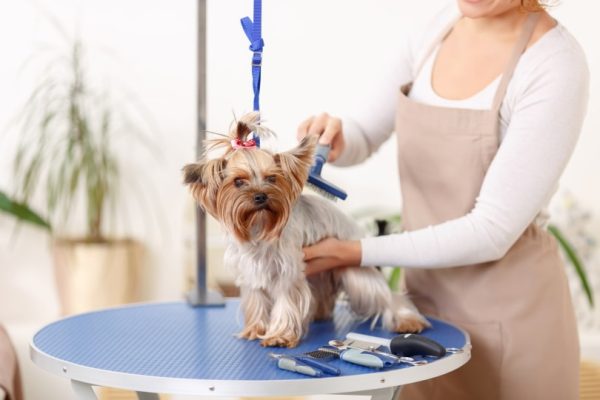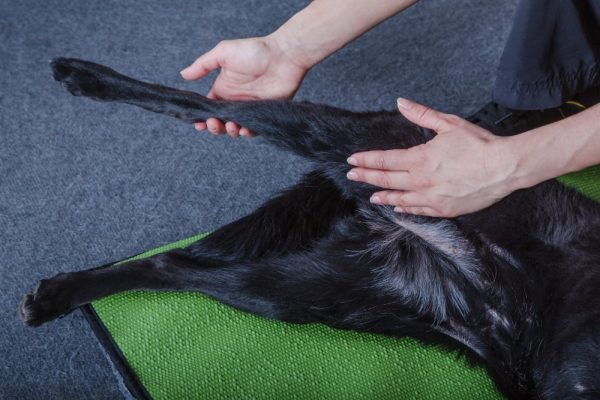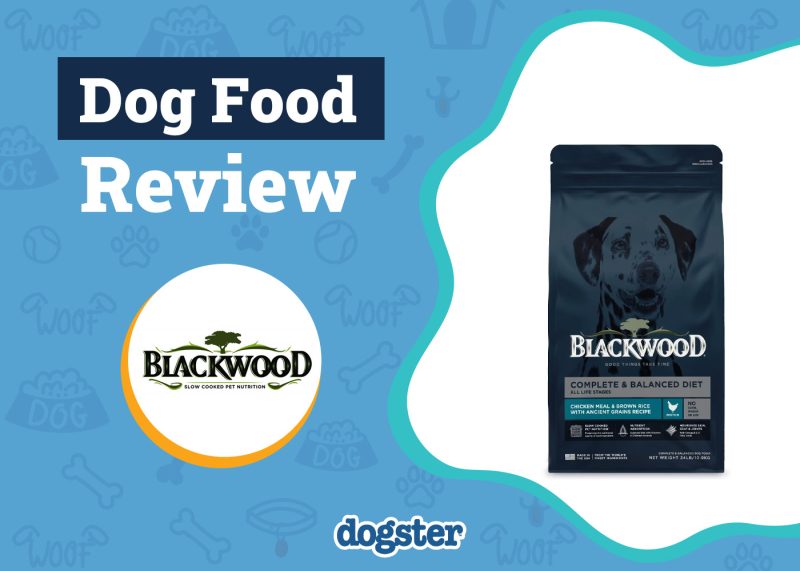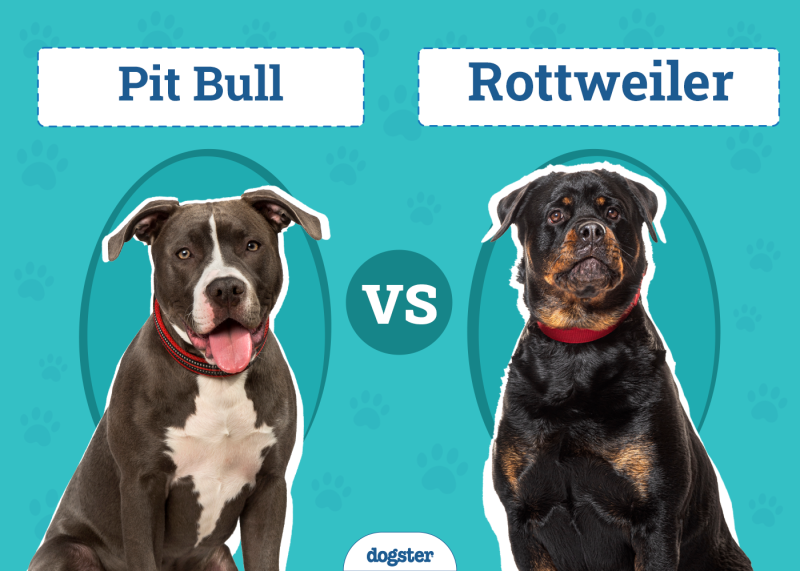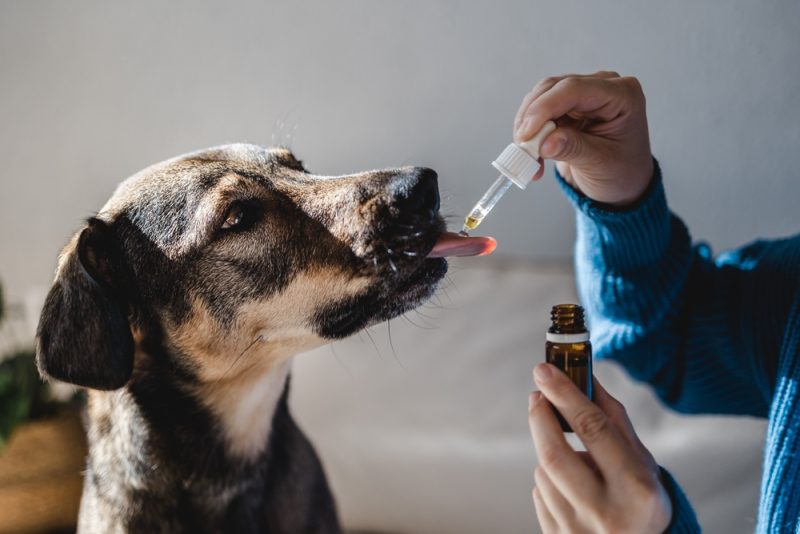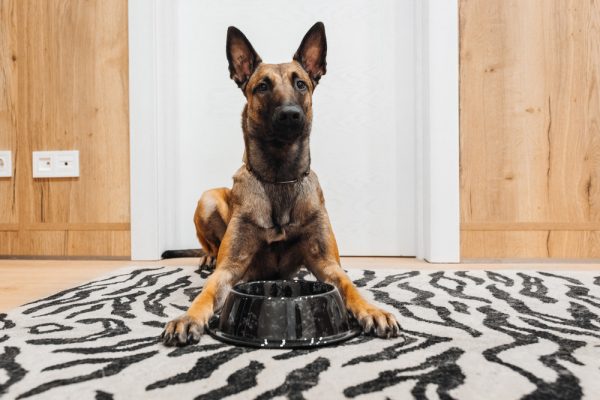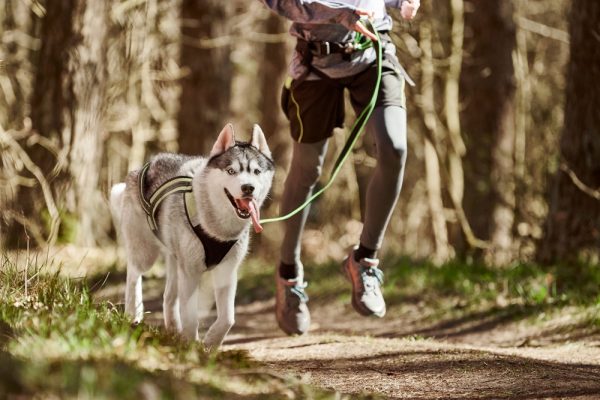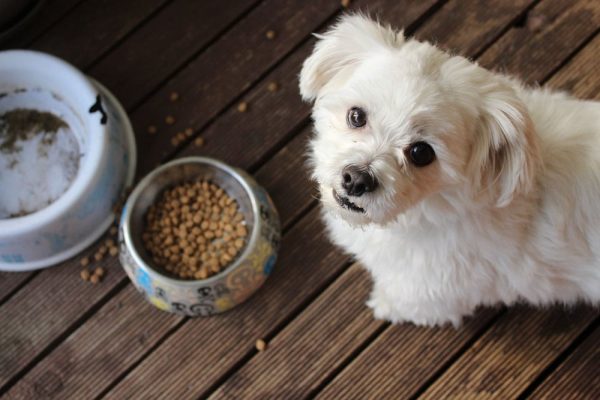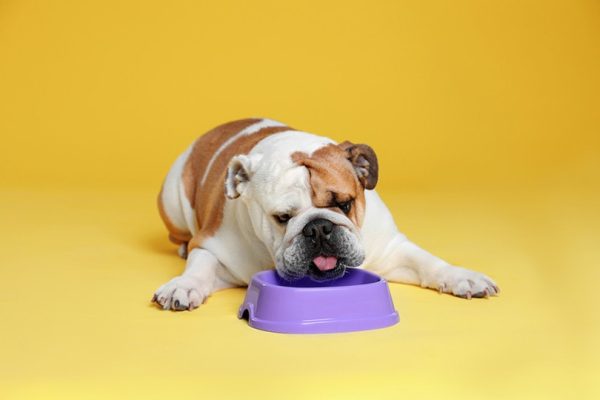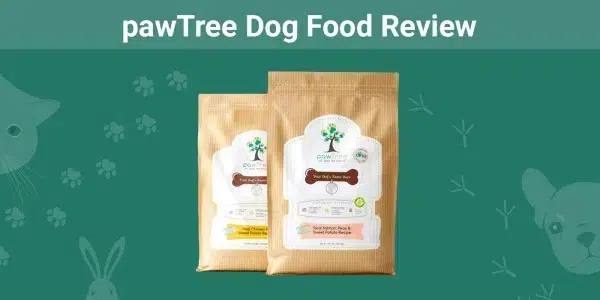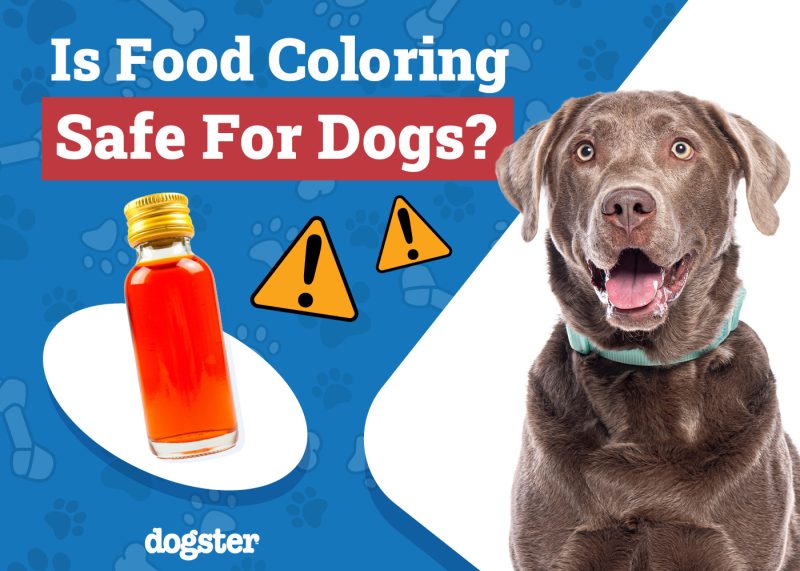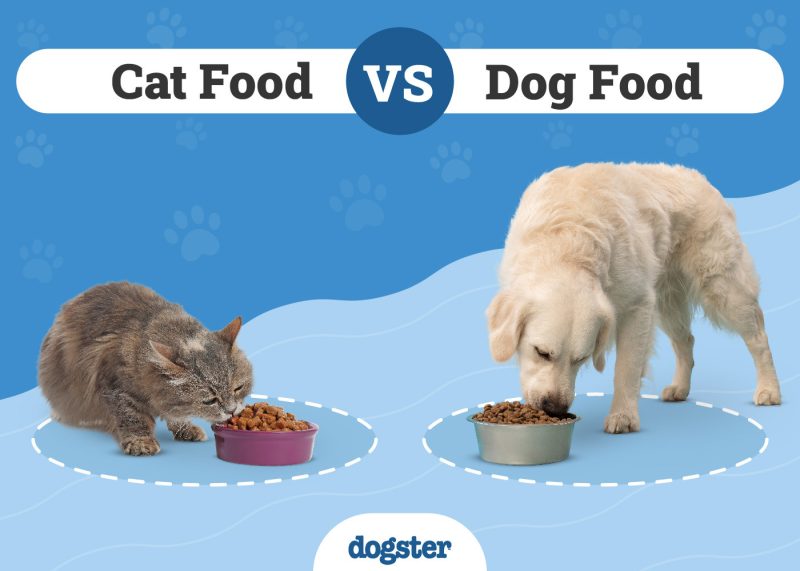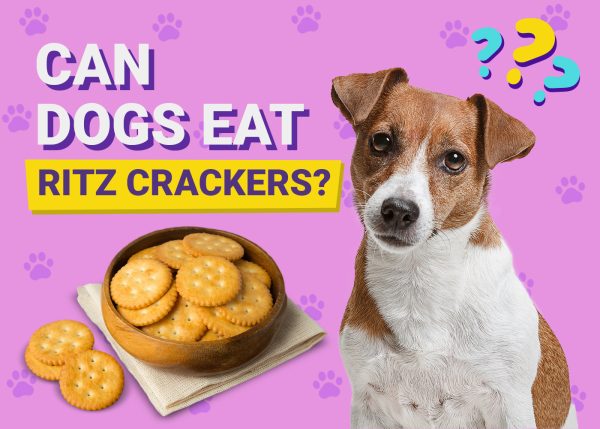Dog owners love to show off their pets, and a walk in the park is the perfect opportunity to prove to everyone how friendly and lovable they are. Unfortunately, sometimes your dog has other plans, such as eating another dog’s poop right in front of the people you’re trying to impress.
There are many reasons that a dog eats another dog’s poop, both normal and abnormal. For example, your dog may eat poop out of instinct, or they may also do it as a result of a medical or behavioral condition. In this article, we will discuss these reasons and provide advice on how you can stop it.

The 3 Normal Reasons Dogs Eat Poop
The scientific or “polite” term for this behavior is coprophagia, but many dog owners call it poop-eating. Poop-eating is bizarre to humans, but it is often perfectly normal behavior for dogs. Some normal reasons for this behavior include instincts, appetite, and nursing.
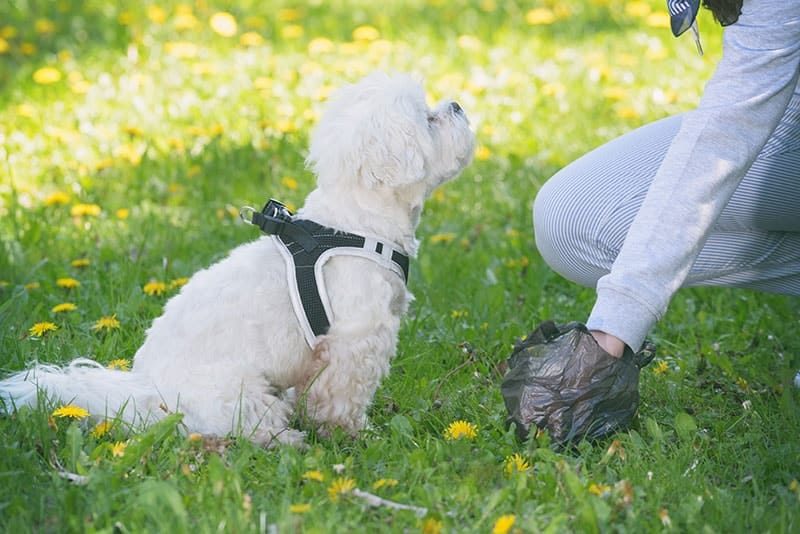
1. They’re Driven by Instinct
A study published in a 2018 suggests that poop-eating behavior is inherited from wolves.1 When fresh poop is near their den, wolves eat it to keep their den clean of intestinal parasites. It could also be that they have an instinct to scavenge, and like their ancestors, want to eat what they can should it be a long time until their next meal.
2. They Like the Taste
It may seem impossible, but it’s true. Dogs may find the taste of fecal matter interesting enough to come back for seconds. While they may enjoy eating it, that doesn’t mean they should be allowed to. Poop contains harmful bacteria, so prevent your dog from eating it when possible.
3. Your Female Dog Is Nursing
If your female dog is nursing her young, she may eat their poop to keep things sanitary. This likely doesn’t apply to dogs being walked, but it’s something to keep in mind. If your dog recently nursed her young and ate their poop, she may have developed a habit.

The 4 Abnormal Reasons Dogs Eat Poop
While there are normal reasons that dogs eat poop, there are also cornering reasons for the behavior. If your dog’s poop-eating habits have started suddenly, you should consult your vet. It may indicate that they are suffering from a medical or behavioral issue.
1. They’re Afraid They’ll Be Punished
Dogs who were punished during their potty-training phase may have developed a habit of eating dog poop to avoid punishment. Even if the poop is not theirs, your dog may eat it to try and hide the “accident.”
That is why positive reinforcement and patience are strongly recommended when potty training dogs, as negative reinforcement can have lasting repercussions.
2. They Have Anxiety
Anxious dogs have been known to eat poop, especially when they defecate in their crate or another confined area. If your dog displays anxious behaviors, such as destruction and excessive vocalization, consult your vet to determine the source and proper treatment of your dog’s anxiety.
3. They Crave Attention
If your dog’s poop-eating behavior started when they were younger, they may be doing it for attention. Your dog may have learned that if they try to eat poop, you will run over to stop them.
This gives them the attention that they crave, so they may continue to eat poop whenever they want to engage with you. Scheduling regular playtime with your dog can help ensure that they receive enough attention and don’t resort to eating poop to get what they want.
4. They’re Suffering From an Illness
Sometimes, poop-eating behavior can be caused by an illness. Disorders of the digestive tract, liver, and brain can lead your dog to eat poop. Issues that can increase their appetite like Cushing’s disease may be the culprit as well. Therefore, if your dog begins eating poop frequently, it is best to contact your vet.
If you need to speak with a vet but can't get to one, head over to PangoVet. It's an online service where you can talk to a vet online and get the personalized advice you need for your pet — all at an affordable price!

How to Stop Your Dog From Eating Poop
Although poop-eating is relatively common in dogs, it shouldn’t be encouraged. To stop your dog from eating poop, try a combination of the strategies below.
Dietary Changes
If your dog is eating poop to supplement something missing in their diet, consult your vet to determine what is missing. Once you know what your dog is lacking, you can provide vitamin supplements or a dietary change to meet their nutritional needs and minimize their desire to eat poop.
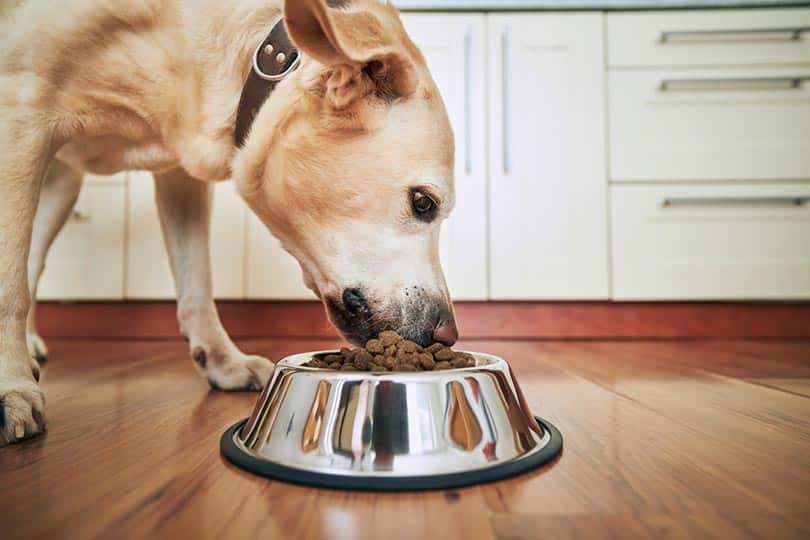
Make the Poop Unpleasant
If your dog is eating poop left behind by your other pets, you can use taste-aversion products to make the poop unpalatable to them. You’ll add the product to the food of the dog whose poop is being eaten, making their feces distasteful to the poop-eater.
Environmental Management
One of the most effective ways to prevent your dog from eating poop is through environmental management. For example, during your walks, you should keep your dog on a tight leash so that they can’t wander off and snack on poop. Similarly, frequently cleaning your yard will prevent your dog from eating feces that may have been lying around.
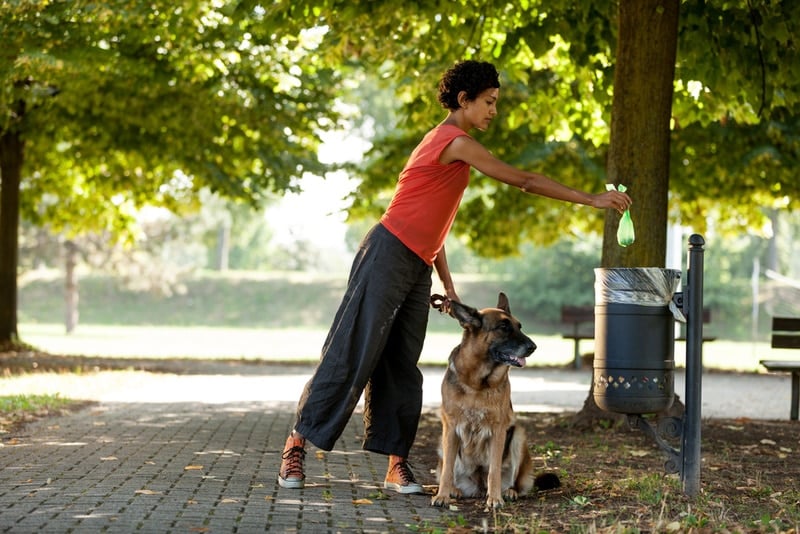
Supervision
When walking your dog, careful supervision is required to ensure that they don’t eat poop. Keep your dog on their leash and pay attention to everything they try to get their nose into.
When they defecate, pick up the poop immediately so they don’t have the opportunity to eat it.
If another dog is defecating nearby, do not allow your dog to wander over and eat their poop.
Training
When it comes down to it, training is often the best way to keep your dog away from things (like poop) that they shouldn’t be getting into. Learning cues such as “drop it” and “come” are great foundations to keep your curious canine in check.

Conclusion
Eating poop is among the stranger, grosser behaviors that dogs exhibit. Not only is it unpleasant, but it is unhealthy for your dog. Discovering the reason for their poop-eating behavior can help you to put a stop to it. If your dog’s behavior is persistent and troubling, you can consult your vet or a canine behavioral specialist to get to the root of the issue.
See Also:
- My Puppy Eats Everything on Walks: 5 Vet-Approved Prevention Tips
- Why Do Dogs Eat Cat Poop? 5 Common Vet-Reviewed Reasons
Featured Image Credit: antoniodiaz, Shutterstock


